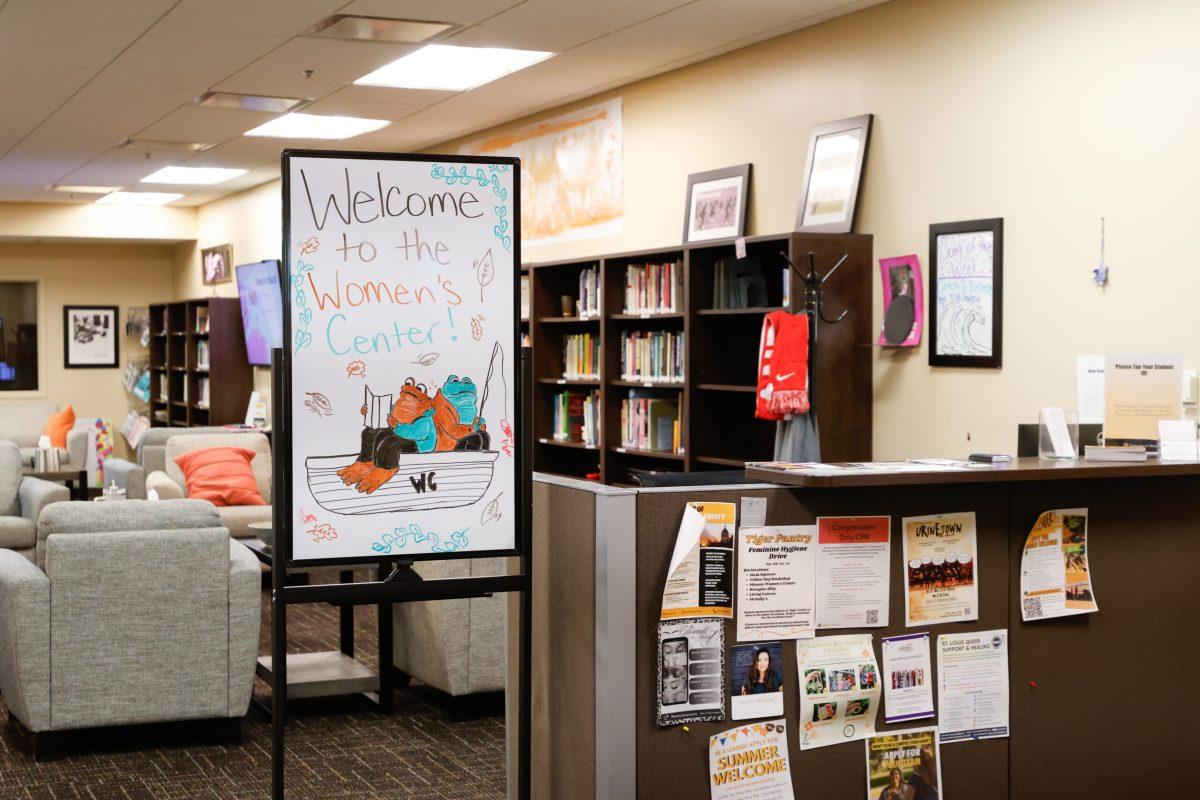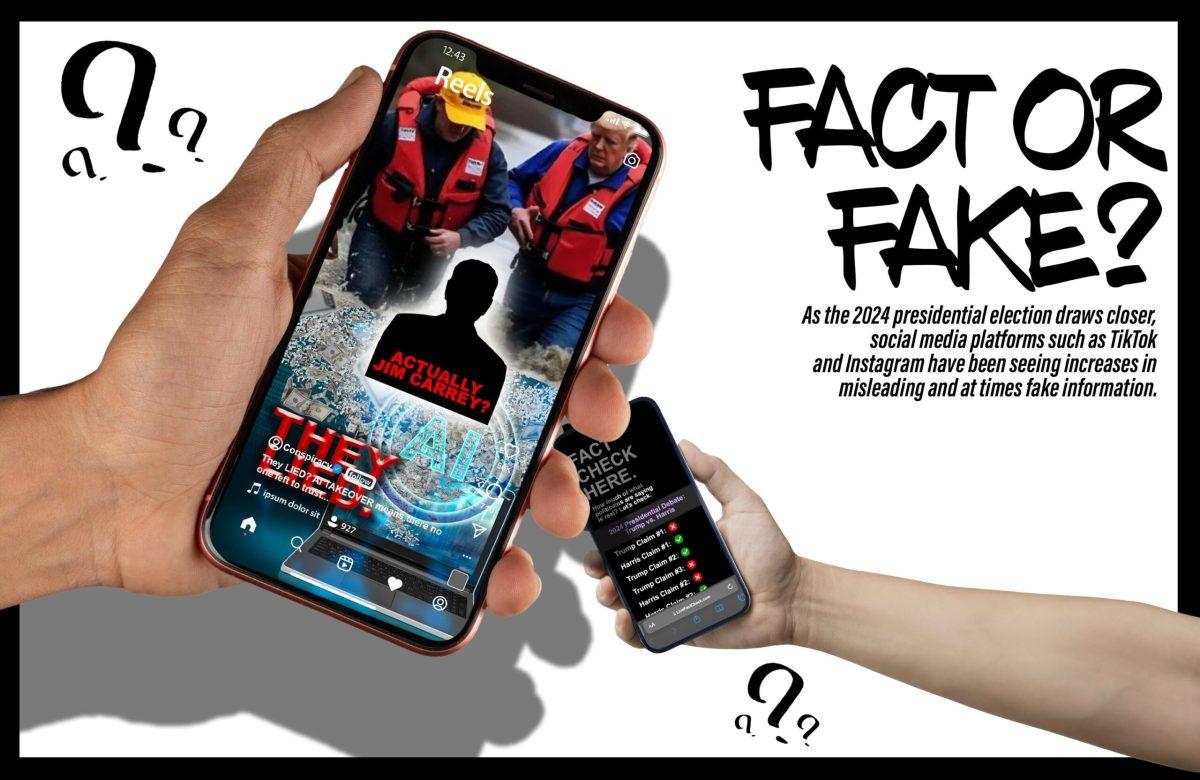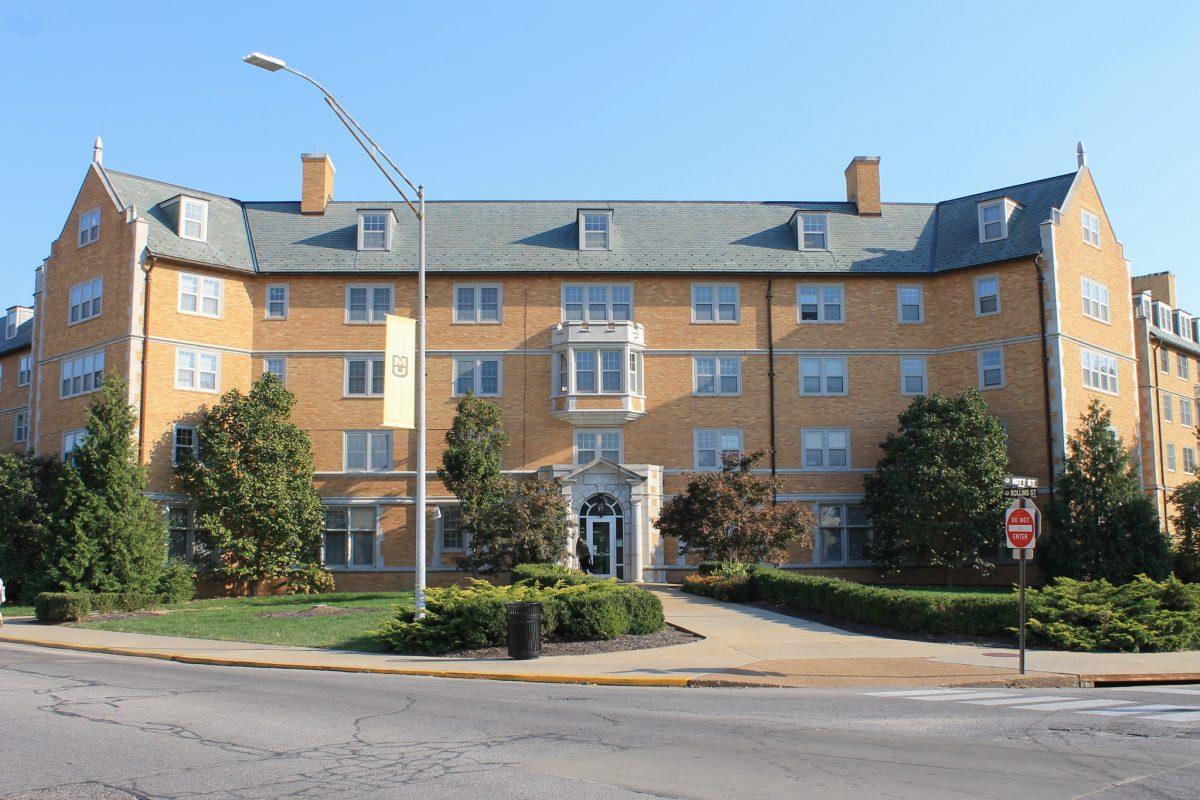Let’s admit it. Where would we be without Wikipedia?
Known as “the lifesaver” in terms of writing paper and “unscholarly” when referenced by professors, it is a universally viewed website among college students.
We have been lectured on using the website with threats that the information might not be credible, but I have yet to find a scholarly article that has proven a majority of the website’s facts incorrect. It should be acceptable to use as a background source to gain information about the subject. For further research, students opt for the academic sources written strictly by experts of the topic.
But it is handy. Though the university library system has plenty of resources for higher knowledge, they are not easily at our fingertips. Sure, resources are sorted by book codes, alphabetically and by genre, but most of us don’t have the time to truck to Ellis Library for our everyday, not-so-inquisitive questions.
As of July 2011, Wikipedia ranked No. 5 on Google’s list of most frequently viewed websites, which it compiled after analyzing data from Google Toolbar. Wikipedia accounts for 450 million monthly users.
Of the top 10 sites, Wikipedia is the only one without advertising. Its promise to not run ads has put the website in a financial predicament, even though the public has consistently ranked it among the top websites. So, the Wikimedia Foundation, which runs Wikipedia and its sister sites, recently chose to publish a message to its readers describing its tough situation, which puts us in a tough situation.
Because Wikipedia does not run ads or accept government funds, the Wikimedia Foundation must rely on donations to run the website. It has asked Wikipedia users to donate $5 each. If everyone did, the website’s costs would be paid for in an hour.
Like all websites, Wikipedia has a fee to pay. We forget even though Internet access is free, there’s a price to connect to servers, get power, rent space, download programs, train a staff and cover legal fees.
The circumstances are difficult because $5 seems like a lot of money to pay per person, especially when we have access to the same information for free elsewhere. But most of us can agree there is not a close substitute for its accessibility. The message also raises some questions.
Is any “scholarly” article completely without bias? If the answer is no, then perhaps Wikipedia should take on advertising, which it has previously avoided to remain independent.
As a nonprofit organization, the Wikimedia Foundation must have plans in case its campaign for donations results in additional revenue. Because it is not allowed to disperse the money through profit or dividends, the extra money needs to go toward growing the company and ensuring sustainability. The foundation has yet to comment on such plans.
But that is only if it can gather enough donations. What if it can’t? What if no matter how much of a demand we have for a resource like Wikipedia, society doesn’t find it a necessity? Will it disappear?
In order for a non-advertising website such as Wikipedia to stay alive in today’s competitive field, it needs to adapt and maintain the same credibility it holds today.
Wikipedia is co-operated by volunteers throughout the world, with nearly 100,000 active contributors. However, one does not need to be an active contributor to edit many of the articles on the website.
Its website states, “By default, an edit to an article becomes available immediately, prior to any review. As such, an article may contain inaccuracies, ideological biases, or even patent nonsense, until or unless another editor corrects the problem.”
Though I would argue the volunteers are doing a pretty good job checking for vandalism (defined by Wikipedia as written obscenities, inappropriate commentary, diction indicative of advertising and intentionally written implausible information), changing the editing to a more resistant setting could further establish the reliability of the site. With more reliability comes more support from both governmental and educational institutions, which could grant larger donations to the foundation.
Students must show there is still a demand — that even with alternative sources to retrieve information, Wikipedia offers something unique to the Internet. And with that, if push comes to shove, we may have to respond to their call for the sake of free, quickly accessible information.








